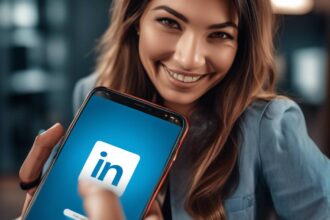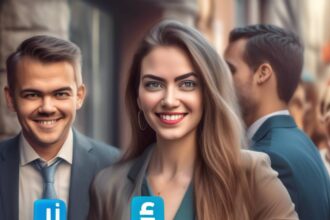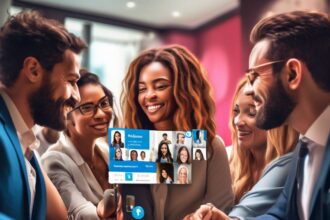Tesla is facing a court case next week over a fatal crash in 2018 involving its Autopilot system, and it is seeking Apple’s testimony to help in its defense. The crash occurred when a Tesla Model X, driven by Apple engineer Wei “Walter” Huang, collided with a safety barrier on US Highway 101 in Mountain View, California. Investigators found that a video game was the frontmost app on Huang’s phone at the time of the crash, but could not determine if he was actively playing it. Huang’s family, who is suing Tesla for wrongful death, accuses the company of secretly working with Apple to aid in its defense.
The National Transportation Safety Board’s initial investigation revealed a pattern of active gameplay on Huang’s phone during morning commute hours leading up to the crash, as well as data transmission consistent with online game activity right before the collision. The Huang family alleges that Tesla, with Apple’s assistance, is attempting to refute this by submitting a declaration from an Apple engineer, James Harding, stating that Huang was actively playing the game at the time of the crash. The family’s lawyers argue that Tesla and Apple are circumventing the discovery process by submitting Harding’s testimony as a declaration instead of through a deposition.
Tesla plans to call Harding as a witness in the trial, further raising questions about the involvement of Apple in the case. Huang’s family has subpoenaed Apple for more information about Harding’s declaration, to which Apple has responded by filing an application to quash the subpoena. The company argues that it is not a party to the case and has not received any notice of the dispute. Apple is willing to cooperate with the court but seeks guidance on its obligations as a non-party witness.
The trial poses a significant challenge for Tesla’s legal defense strategy, which blames crashes involving Autopilot on driver inattention. The company has successfully avoided culpability in previous wrongful death suits by arguing that Autopilot is safe and only fails when drivers are distracted. However, the Huang case could prove to be a crucial test for this defense, as the family’s legal team plans to reference statements from Tesla executives and engineers admitting to using Autopilot while checking emails. Tesla has previously dismissed these statements as potential deepfakes, raising further questions about the company’s accountability in this and similar cases.









